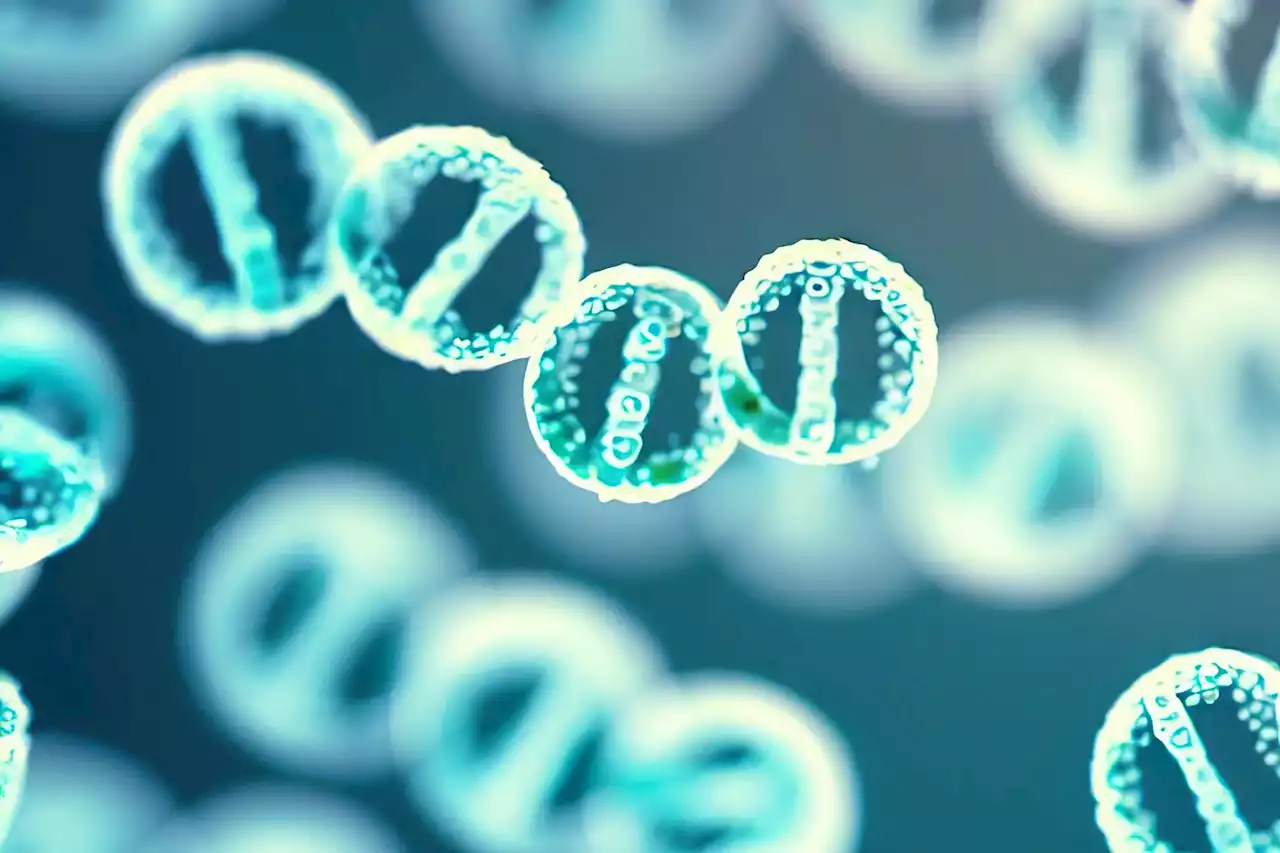Research software engineering accelerates the translation of biomedical research for health. Comment from Dave_Horsfall Muzz_Haniffa and colleagues sangerinstitute
elevate software to a research output. Proper credit for software tools and their utility is key to ensuring the role of RSEs is fully understood and recognized by the broader scientific community. If researchers cite software they use in publications, and encourage training and peer support for software development, they might then build the skills and confidence to publish their own software.
Software engineering is a discipline rooted in identifying major challenges and then constructing solutions to them, for the benefit of many. In the case of modern biomedicine, the importance of this mindset and skill is growing rapidly. The deluge of data, potential of advanced computational approaches, and increasing impact of team science together create a research environment with RSEs as a critical central component.
United States Latest News, United States Headlines
Similar News:You can also read news stories similar to this one that we have collected from other news sources.
 Inside the nascent industry of AI-designed drugs - Nature MedicineArtificial intelligence tools are beginning to upend the drug discovery pipeline, with several new compounds entering clinical trials.
Inside the nascent industry of AI-designed drugs - Nature MedicineArtificial intelligence tools are beginning to upend the drug discovery pipeline, with several new compounds entering clinical trials.
Read more »
 Bristol study finds heart attack risk in osteoporosis drugNew research highlights potential safety concerns around women taking the medicine Evenity.
Bristol study finds heart attack risk in osteoporosis drugNew research highlights potential safety concerns around women taking the medicine Evenity.
Read more »
 Delaware man is first Penn Medicine patient to receive robotic kidney transplantA Delaware musician has a new lease on life after a kidney transplant. It was an operation that involved a robot and social media.
Delaware man is first Penn Medicine patient to receive robotic kidney transplantA Delaware musician has a new lease on life after a kidney transplant. It was an operation that involved a robot and social media.
Read more »
 ‘MacGyver med’ and rock-and-roll: Event medicine is the ticket for someLarge-event medical services started becoming more formalized about 20 years ago. From Coachella to the Preakness to Lollapalooza, these doctors see it all: blue patients, drunken falls and overheated dancers.
‘MacGyver med’ and rock-and-roll: Event medicine is the ticket for someLarge-event medical services started becoming more formalized about 20 years ago. From Coachella to the Preakness to Lollapalooza, these doctors see it all: blue patients, drunken falls and overheated dancers.
Read more »
 Stanford Medicine Reveals: Tiny DNA Circles Defying Genetic Laws Drive Cancer FormationTiny circles of DNA harbor cancer-associated oncogenes and immunomodulatory genes promoting cancer development. They arise during the transformation from pre-cancer to cancer, say Stanford Medicine-led team. Tiny circles of DNA that defy the accepted laws of genetics are key drivers of cancer for
Stanford Medicine Reveals: Tiny DNA Circles Defying Genetic Laws Drive Cancer FormationTiny circles of DNA harbor cancer-associated oncogenes and immunomodulatory genes promoting cancer development. They arise during the transformation from pre-cancer to cancer, say Stanford Medicine-led team. Tiny circles of DNA that defy the accepted laws of genetics are key drivers of cancer for
Read more »
 Survival Is a Disgusting Matter – How Nature Uses Revulsion as a ShieldScientists unveil multiple animal species' disease avoidance strategies. Life for all creatures, humans included, would be a lot more straightforward if diseases were as noticeable as flashing warning signs or loud alarm bells. However, in lieu of such overt warnings, humans have evolved to experie
Survival Is a Disgusting Matter – How Nature Uses Revulsion as a ShieldScientists unveil multiple animal species' disease avoidance strategies. Life for all creatures, humans included, would be a lot more straightforward if diseases were as noticeable as flashing warning signs or loud alarm bells. However, in lieu of such overt warnings, humans have evolved to experie
Read more »
